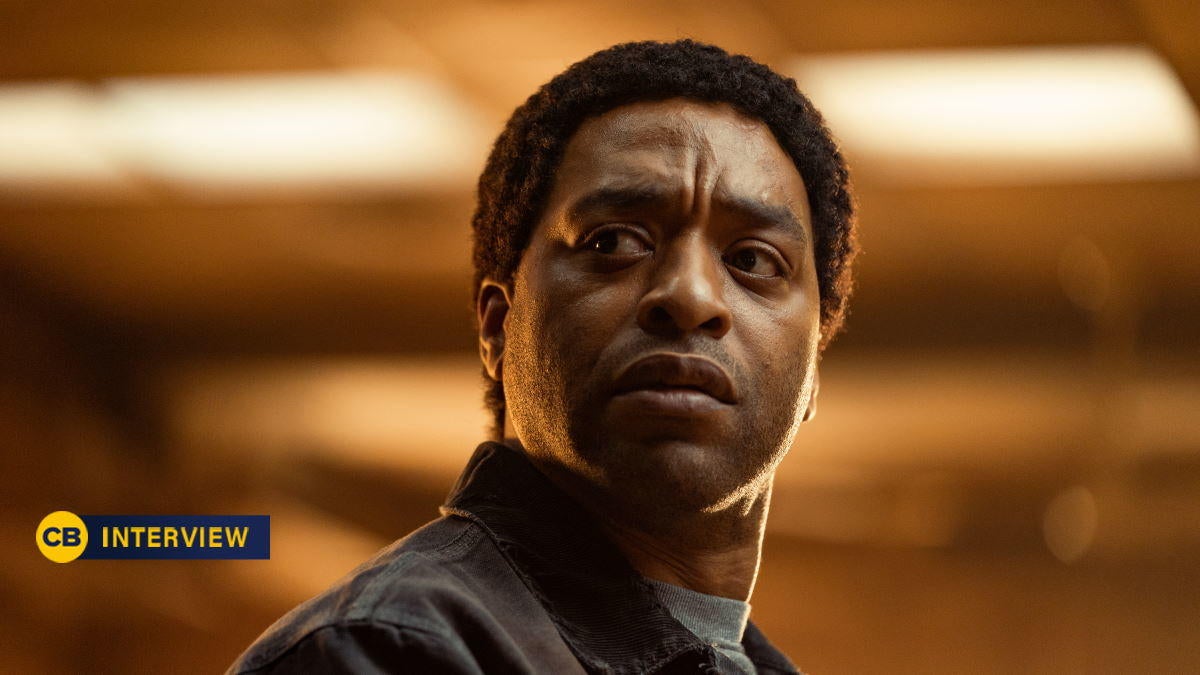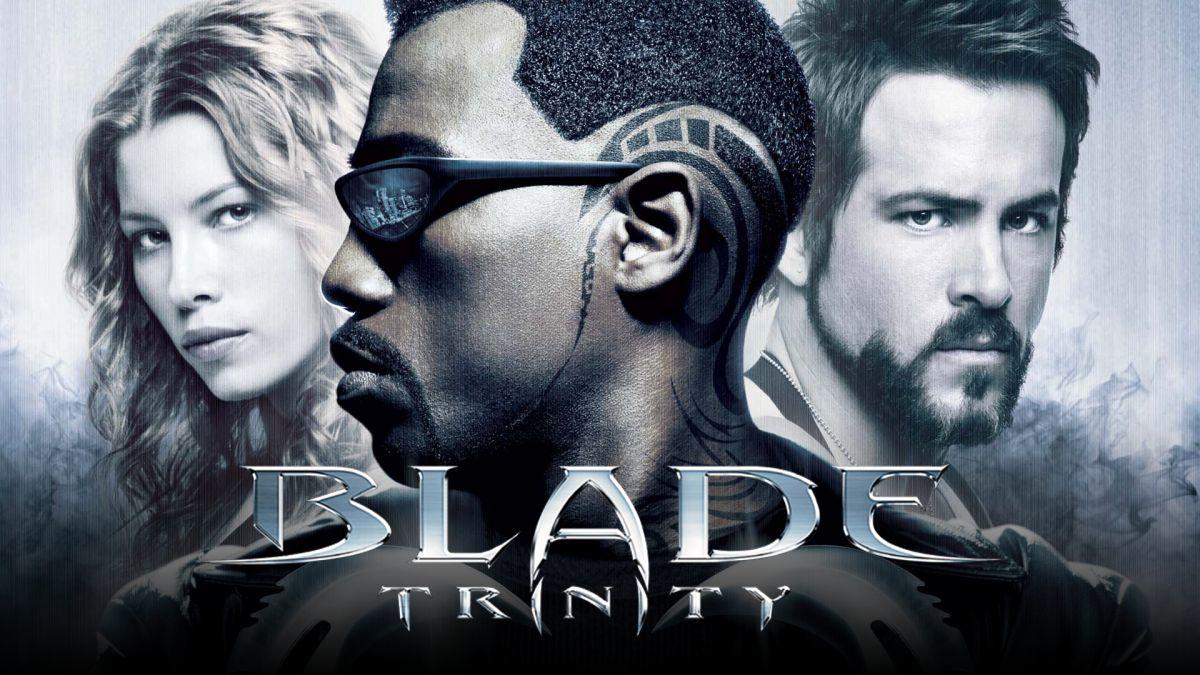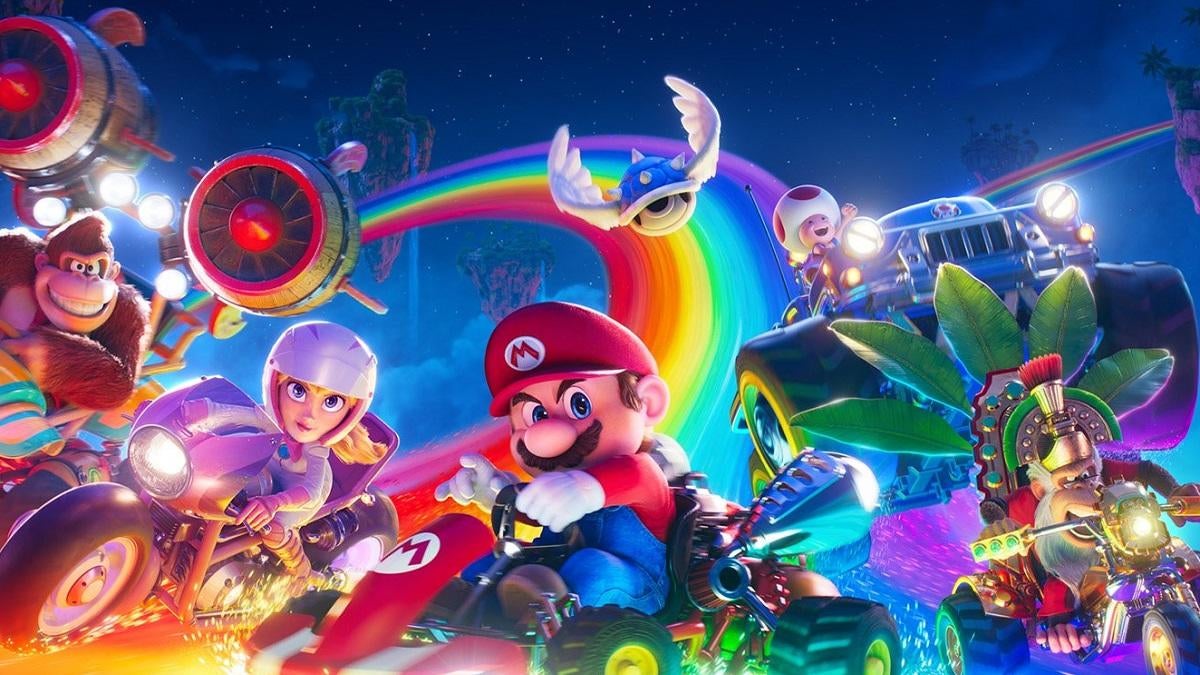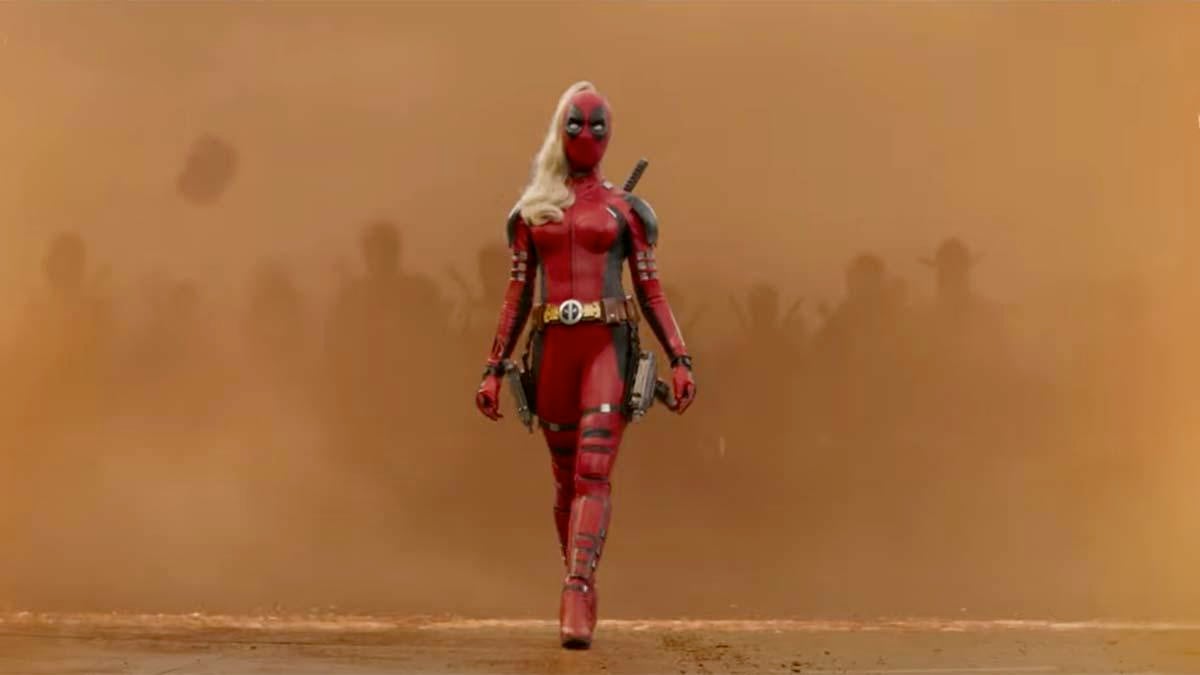The Man Who Fell to Earth's Chiwetel Ejiofor Doesn't Know How Method Acting Works
In The Man Who Fell to Earth, Chiwetel Ejiofor is K. Faraday, an alien who comes to Earth in a desperate attempt to save his planet and maybe, in the process, ours as well. The new Showtime miniseries, taking place 45 years after the film of the same name starring David Bowie, does not gloss over the Faraday's otherworldliness. The character borrows his name from a police officer tasked with processing him after he swallows an entire watering hose. His language skills are rough at first, improving over the course of the series as he observes more human speech patterns. His gait is similarly inhumane.
It's a transformative role Ejiofor, an acclaimed actor, to inhabit. Given the all-encompassing nature of the part, one might think Ejiofor took the method acting approach and stayed in character as Faraday as long as he was on set, even between takes. It turns out that's not an approach he's been able to wrap his head around fully.

"I always wonder about those things, because I wonder when people, they're in character on set, do they go to their trailer or their room when they're on their own and are still in character? How does it actually work?" Ejiofor tells ComicBook.com a few days before The Man Who Fell to Earth's Sunday premiere. "Do you relax, you have a cup of tea and then somebody knocks for you because they're ready on set, and then you get into character and storm out of the trailer?"
While he didn't immerse himself in the role of Faraday full-time, playing the part did still affect him. For Ejiofor, months of looking at the world through an alien's eyes changed his perspective of life on Earth.
"Over the period of making the show, which is seven, eight months of making the show, I definitely took on a lot of what was thematically going on," he says. "It did make me re-look at the world and try to look at the world with fresh eyes, or try to reengage with what makes humans human. What are the fundamental things? I guess that investigation changes the way that you are interacting around people. I suppose there's something slightly cerebral about it, but there's also something fun and emotional and loving and celebratory about engaging with the fullness of humanity in a way. And so to me, it was very optimistic, and I think that's where the character lands as well, and I think that's where the show lands. It's very optimistic about humanity, and a show that could easily have been slightly pessimistic or more pessimistic about humanity but actually, in the investigation, you realize that obviously all of these connections, all of this capacity to love and to these familial responsibilities and bonds are such a rich part of the human experience, that they can't be ignored."
The Man Who Fell to Earth was first a 1963 novel created by Walter Tevis, the same author who penned the book that spawned the hit Netflix series The Queen's Gambit. Director Nicolas Roeg adapted the story into a film starring David Bowie. Released in 1976, it remains a sci-fi cult classic today.
Showtime's miniseries is a sequel created by Star Trek producers Jenny Lumet and Alex Kurtzman that updates the story's themes to our modern-day, focusing on the ongoing climate crisis as a central theme and also touching on immigration. All of that background helped entice Ejiofor into the show's lead role, but the tone of Lumet and Kurtzman's writing sealed the deal.
"I was definitely excited by it because of the book and the film," he says. "So I was excited to read it, and I was also excited by Alex Kurtzman and Jenny Lumet. I thought that the combination of these things could be really interesting, but you never know. But then when I started to read it, I was thrilled by what they had put together. There was fun to it. There was a lightness to it. There was an energy to it. And then there was an emotion to it. There was something really layered in the emotional nature of these relationships. There was something that felt very truthful about it. There was something that felt very modern, in terms of our relationship to the planet and our concerns today and conversations about migration, and all of these themes that I thought were really present."
He continues, "In the end, I found there was something quite profound that it was saying about our relationship to Earth. This alien is trying to save his planet. He's not really prescribing how to save Earth, in a way. He's more talking about the trajectory that Earth is on and relating his experiences of his planet, and then I thought that was such a powerful way to reconnect with our own natural world, to understand or to re-look at it with a certain kind of lens, with an alien lens, which I thought was such a beautiful way of looking at the environment and our relationship to it."
In the show, a character describes Faraday as "the god they can't ignore," a line that reverberates as it's spoken but remains open to interpretation. For Ejiofor, this ties into the show's opening scene, a flash-forward the shows Faraday as an eloquent tech mogul stepping on stage to give a world-changing presentation.
"In that instance, to me anyway, it's definitely the way in which technology has changed, has revolutionized our experience of life. And so if you are involved in the creation of new technology, it can immediately get into the bloodstream of everything that humanity is directed towards in this, I think, beginning of the technological age. We don't quite know where all of this is going, but we know that it's so central to our understanding of humanity now."
He recalls, specifically, revisiting another world-changing moment from 15 years ago. "As we were preparing, and I watched again Steve Jobs in '07 as he very casually introduces the iPhone," Ejiofor says, "and that sense that he knows in that moment that he's changing everything. He's changing everything that is. Everything from that time is going to be revolutionized. It's incredible that's even captured on video, this moment that everything changes. And so I think it's in that region of what technology can do, and how somebody can find themselves placed in an extraordinarily powerful position now through technology."
The Man Who Fell to Earth is a 10-episode miniseries, with each episode named after a David Bowie song. The first episode, "Hallo Spaceboy," premieres Sunday, April 24th at 10 p.m. ET on Showtime.
This interview has been edited for length and clarity.




